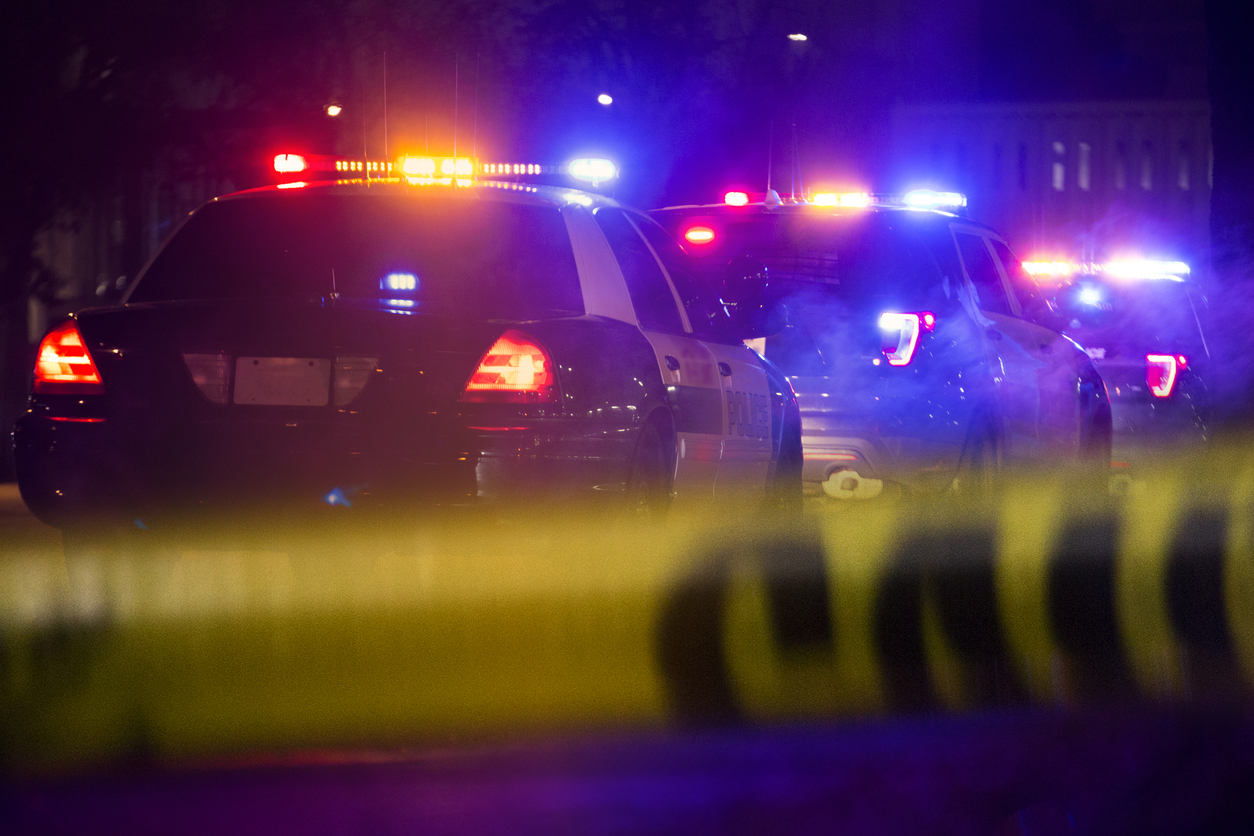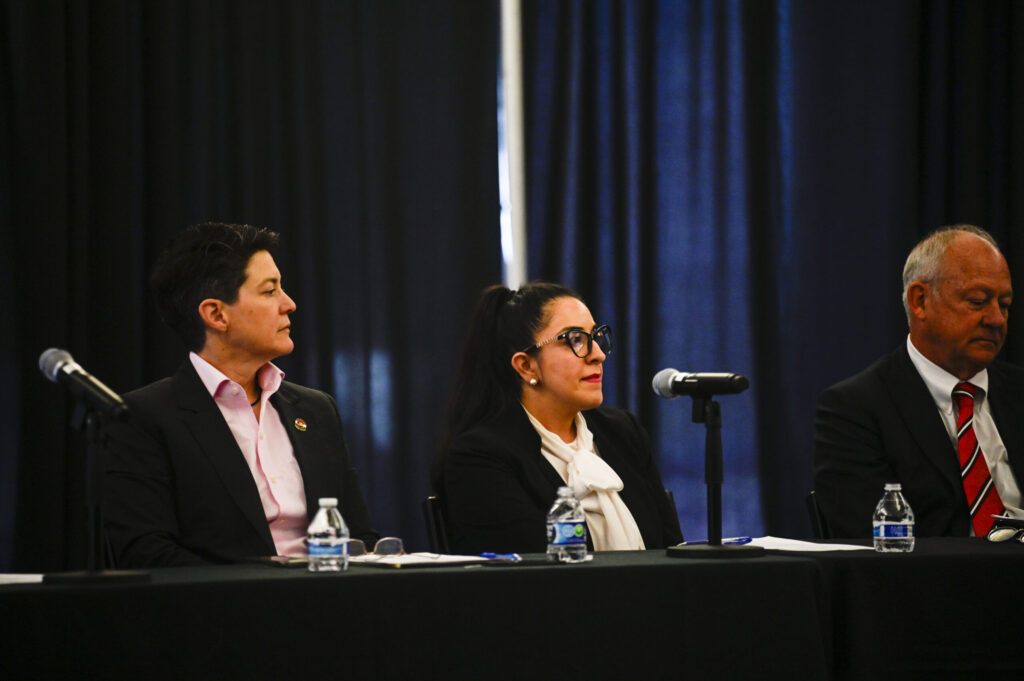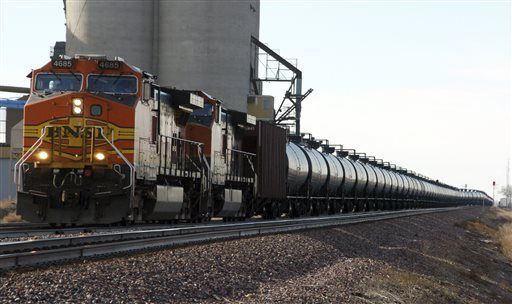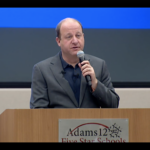State Supreme Court continues to ponder headaches of DUI ruling
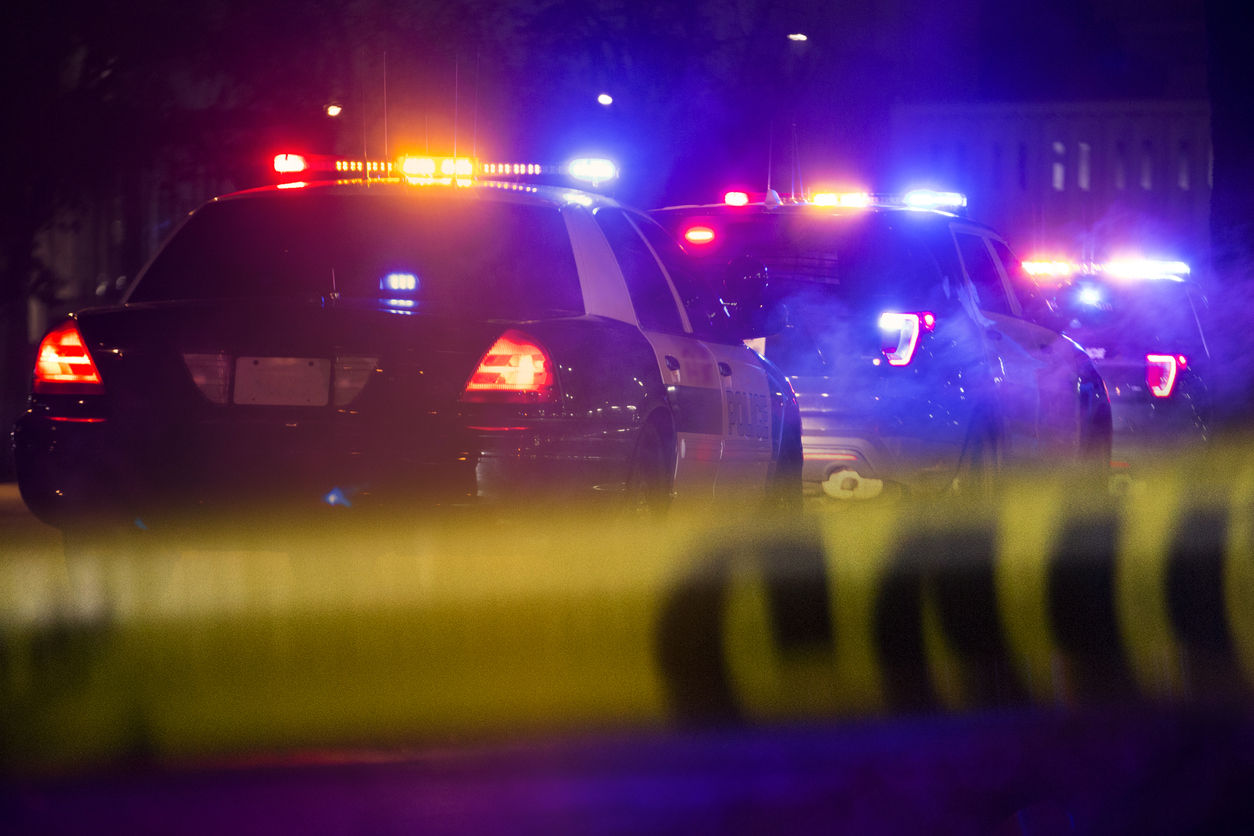
Colorado’s Supreme Court justices this week once again heard about the difficulties they created by upending prosecutions of felony drunk driving cases nearly two years ago.
Although driving under the influence in Colorado is typically a misdemeanor, the legislature in 2015 established a felony DUI offense for people who have at least three prior drunk driving convictions on their record. In practice, juries would convict a defendant of DUI and then a judge would establish the presence of three priors, elevating the charge from a misdemeanor to a felony.
But in November 2020, the Supreme Court decided 4-2 in Linnebur v. People that the existence of prior offenses is not merely a sentence enhancement for a judge to impose. Instead, it is an element of the felony DUI crime itself that juries need to decide beyond a reasonable doubt.
The abrupt change in the law’s interpretation had the immediate effect of returning dozens of pending DUI appeals to the lower courts for reversal or retrial. Left unanswered, however, was a fundamental question going forward: How are juries expected to hear about a defendant’s multiple prior DUI offenses and not draw the conclusion that the defendant likely drove drunk this time, too?
On Tuesday, multiple members of the Supreme Court acknowledged it would be very difficult for jurors to separate a defendant’s past conduct from the current allegations of drunk driving.
“I think we can all concede the prejudice to the defendant would be immense,” said Justice Richard L. Gabriel during oral arguments. “You put on three prior convictions … what jury in the world’s gonna say, ‘You didn’t commit this one when you committed the last three’?”
The issue the Supreme Court has created for itself is whether its Linnebur decision allows trial judges to bifurcate a felony DUI trial – meaning jurors would initially hear about the current allegations of drunk driving. If they convict the defendant, the trial would move to a second phase where jurors would hear about the prior DUI offenses, then decide whether prosecutors have proven the felony portion beyond a reasonable doubt.
Some justices struggled to understand how a bifurcated trial, while fairer to the defendant, would satisfy other constitutional and procedural requirements in criminal cases.
“Help me understand why we would (acknowledge) the prosecution’s obligation to prove a specific offense, which includes all the elements of that offense, and yet not have that come before the jury in a unitary fashion as with every other offense we ask the prosecution to prove,” said Justice Monica M. Márquez.
The treatment of felony DUI trials came to the Supreme Court via Larimer County, after a trial judge decided – apparently for the first time in Colorado – to depart from her fellow judges and allow for bifurcated DUI trials in a pair of cases.
Prosecutors charged Timothy Kembel and Kerrie Dexter with driving under the influence, alleging each defendant had at least three prior drunk driving convictions. Lawyers for Kembel and Dexter asked for a bifurcated trial, arguing a jury would otherwise be tempted to convict their clients based on their likelihood to drive drunk in the past.
In a March hearing on Kembel’s request, District Court Judge Sarah B. Cure acknowledged the Linnebur decision requires prosecutors to prove prior offenses beyond a reasonable doubt – a higher standard than before. She had a hard time believing the Supreme Court then intended for prosecutors to introduce damaging information about a defendant’s priors at trial, which would make it easier, not harder, to secure a conviction.
“I’m tortured by this conundrum that the higher courts have placed us in,” Cure said. “The Court does think that the prior convictions impacts this defendant’s right to a fair trial, an impartial jury.”
Cure then quickly issued a written order noting the unique nature of the felony DUI law, which criminalizes behavior in the present based on identical behavior from the past. Although Cure had previously believed bifurcated trials were prohibited, she wrote she now “regrets” that interpretation and “stands firm” that bifurcation is necessary for a fair trial.
The Eighth Judicial District Attorney’s Office appealed directly to the Supreme Court. It argued bifurcation was not permitted based on a 1974 decision of the Supreme Court in People v. Fullerton. In its short ruling, without elaboration, the court announced two competing principles: First, bifurcated trials involving prior offenses are allowed only to decide an “enhanced punishment.”
Second, the harm to the defendant from a single trial “must be weighed” against the need to administer justice.
The district attorney’s office read Fullerton to mean bifurcation is not allowed because prior offenses are an element of felony DUI itself, and not the punishment. The public defender’s office, meanwhile, argued Fullerton did allow for bifurcation where, as here, there would be minimal effects on the judicial system from introducing harmful information in the second phase of a trial.
For jurors hearing about a string of prior DUIs, said public defender Haley Barton, “they might think this person deserves to be punished because they’re probably gonna do it again after this.”
“Part of the challenge for you,” responded Justice William W. Hood III, “is that you’re going up against how we’ve done things for so long, and how dare you create administrative inconvenience.”
In contrast, Justice Melissa Hart, who authored the Linnebur decision, suggested the separation of a felony DUI trial into two phases was completely feasible.
“All we’re talking about here is did they drive under the influence, which can be proven with blood results, breath results and police testimony. And then, do they have three or more prior convictions,” she said. “How would presenting those in two pieces be disruptive?”
The government suggested a trial judge could instead give jurors an instruction to limit their consideration of past DUI offenses only to proving the prior convictions, without using that information to decide whether a defendant is currently guilty of driving drunk. Justice Carlos A. Samour Jr., a former trial judge in Arapahoe County, believed jurors would be upset if they were required to continue on to a second trial phase after already convicting the defendant of DUI.
But Justice Maria E. Berkenkotter, a former trial judge from Boulder County, wondered if jurors would realistically be able to compartmentalize evidence of prior offenses from evidence of the current offense when a defendant is a serial drunk driver.
“Five priors? Seven priors? Eight priors?” she asked. What if “the limiting instruction just isn’t gonna do it?”
The cases are People v. Kembel and People v. Dexter.
